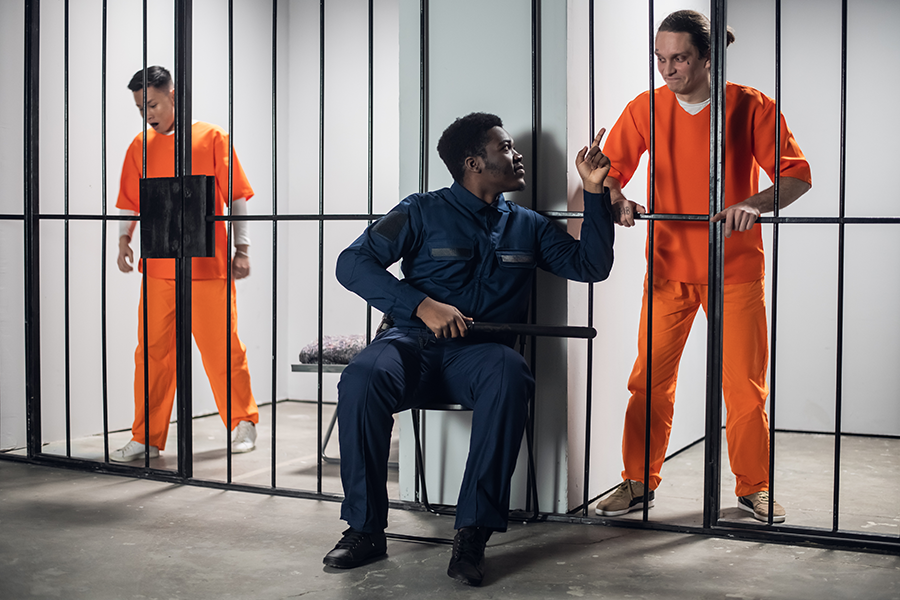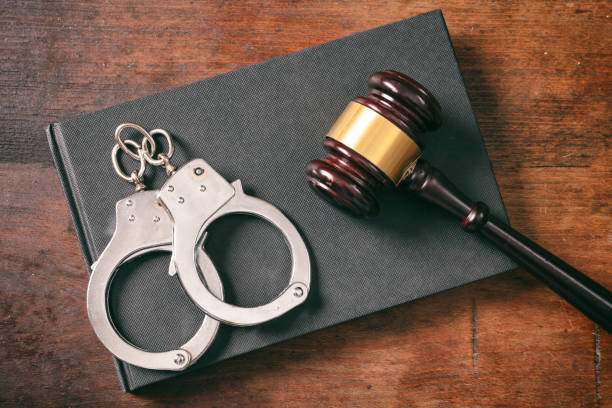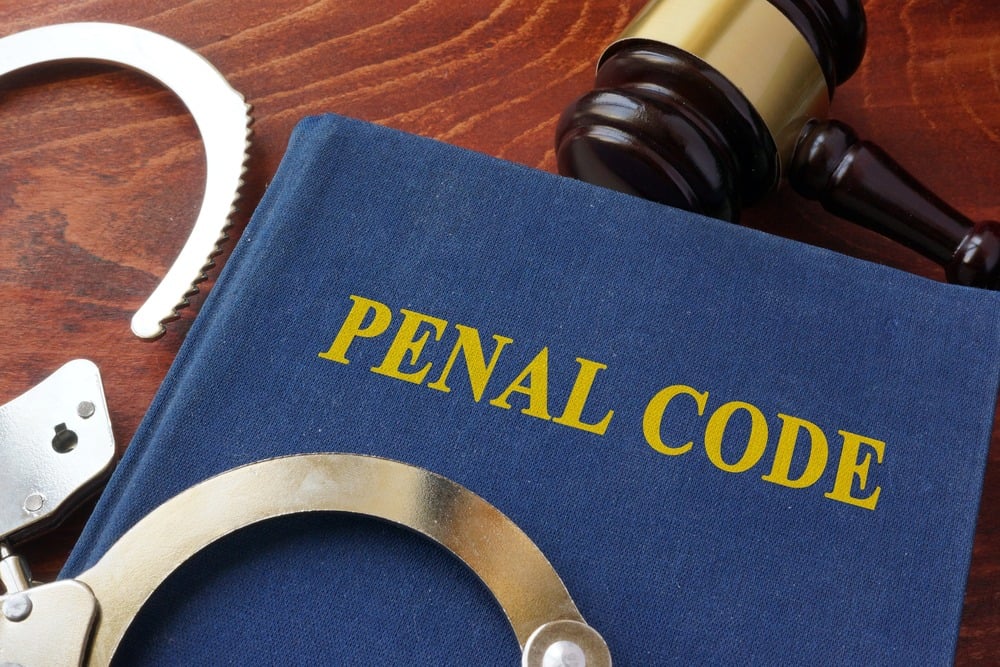Can I Get Probation Instead of Jail for a Felony in California?

Getting convicted of a felony in California can seem incredibly daunting. Beyond heavy fines, you may be facing years behind bars, separated from family, friends, and livelihood. However, in many cases, probation presents a viable alternative to incarceration.
While certainly not guaranteed, probation remains possible even for some serious crimes if evidence and circumstances demonstrate low risk and high potential for rehabilitation outside prison. Here’s everything you need to know about probation possibilities in California.
Understanding the Factors That Play Into Probation Eligibility
Felony cases cover a wide spectrum of offenses—everything from lower-level offenses like theft with priors to extremely serious violent offenses. The crime you’re charged with is the primary factor in determining probation eligibility. However, it’s not the only factor considered when granting probation in California.
Judges also closely examine the defendant’s criminal history and the severity of the offense when deciding on incarceration versus probation. Victim input through impact statements and restitution requests also holds significant weight.
Further down, we’ll explore certain felony offenses where probation is possible. First, let’s look closer at the other key details evaluated when granting probation for felonies in California.
Painting a Picture of the Offender for the Courts
In addition to the current offense, the prosecution and defense build a complete profile of the offender for the courts. The goal is to demonstrate whether a defendant can abide by probation terms or requires incarceration to prevent future harm.
Key background details closely evaluated include:
- Criminal History – A first-time offender has the highest chance of receiving probation versus someone with a violent criminal history.
- Employment & Education – Steady employment and higher education degrees can indicate positive lifestyle factors and responsibility.
- Community Ties – Strong connections with family and community signal motivation to comply with probation rules.
- Mental Health & Substance Abuse – Ongoing treatment and medical documentation can sometimes mitigate probation violations.
While violent offenders rarely receive probation, those with minimal criminal backgrounds convicted of non-violent or victimless felonies have much higher eligibility.
An Inside Look at California Felony Probation Rules and Restrictions
If granted probation for a California felony conviction instead of incarceration, understand that freedom still comes with strict rules and oversight from probation authorities.
Signing Your Name to Supervision for Years
When granted probation in a felony case, California courts order probation terms ranging from three to five years on average. The probation period begins after release from any custody time ordered. Violating the terms of probation at any point risks new criminal charges and incarceration.
Throughout probation, you must comply with orders from your assigned probation officer. This includes regularly scheduled meetings where officers verify your compliance through measures like drug and alcohol testing.
In addition to supervision, California felony probation comes with “obey all laws” restrictions requiring maintained sobriety, reporting new law enforcement contact, keeping scheduled appointments, and following other probation rules.
Travel restrictions are also common probation terms in California, requiring advance permissions from probation authorities for overnight stays or out-of-state trips. Maintaining consistent employment or school enrollment is often mandatory as well.
Handing Over Your Freedom on Their Terms
In essence, California felony probation allows offenders to remain in the community in exchange for temporarily handing over constitutional freedoms to probation authorities. Defendants must prove themselves responsible enough to earn back independence lost through incarceration. It bears emphasizing that violating any probation terms risks new arrests and incarceration time.
Violating Probation: Understanding the Consequences in California
Unfortunately, around one in three felony probationers in California violate terms, resulting in over 50,000 revocations annually. Let’s examine potential sanctions along with outcomes when courts revoke probation.
Facing Graduated Sanctions Before Revocation
Typically, when early or minor violations occur, probation officers first implement graduated sanctions. These include short-term “flash incarcerations” of several days or weeks in jail. Probation authorities may also impose increased reporting requirements, counseling mandates, or other heightened restrictions.
These sanctions aim to deter major violations without fully revoking probation. However, consequences grow increasingly severe with continued issues.
Looking at What Happens When Courts Revoke Probation
Upon accumulating multiple violations or committing new offenses, courts revoke probation, imposing a suspended prison or jail sentence. The court may then “reinstate probation” with harsher terms once you serve part of the incarceration time.
However, repeated violations causing courts to question whether probation sufficiently deters criminal behaviors often result in serving the full suspended sentence behind bars without further chances at probation.
Under California law, if probation violations result in new felony charges, serving 50 percent of the reinstated sentence behind bars is mandatory before any potential for reinstating probation once again.
Is Early Termination of Felony Probation Possible?
When granted probation for a California felony, you must complete at least half the probation term before petitioning for early termination. However, around 15 percent of petitions meet court approval. Let’s discuss the process and eligibility factors.
Submitting a Formal Petition to End Probation Early
The court won’t automatically terminate probation when half the term ends. Instead, your criminal defense attorney must formally petition the court, explaining fully why ending probation early outweighs any risks to public safety.
If agreeing to hear arguments, the judge then schedules a hearing providing victims and prosecutors opportunities to oppose early termination.
Presenting a Convincing Case for Early Termination Eligibility
At the hearing, expect a very high bar proving you deserve terminating probation before fulfilling the entire term. Courts require definitive proof of consistent compliance with all probation terms and conditions over a significant duration without lapses.
Fulfilling all court-ordered counseling, making full restitution payments to victims, holding long-term employment, and presenting other stability factors help demonstrate changed behaviors and habits.
In rare cases, some with extensive probation histories manage to earn back rights and independence lost at sentencing by petitioning for early termination.
Frequently Asked Questions About Felony Probation In California
What is the difference between a felony and a misdemeanor in California?
In California, offenses are categorized as infractions, misdemeanors, or felonies. Infractions are minor offenses punished by fines. Misdemeanors are more serious and carry jail time up to 1 year. Felonies are the most serious criminal offenses, with state prison sentences over 1 year.
What happens if I violate felony probation in California?
Violating felony probation risks new criminal charges and incarceration time. Graduated sanctions may include short-term jail stays, increased restrictions, or treatment programs before fully revoking probation. If revoked, courts impose the previously suspended sentence.
Can I get probation instead of jail for a felony in California?
It depends on factors like criminal history, offense severity, and victim input. But those with minimal records convicted of nonviolent, victimless felonies have higher eligibility for California felony probation with strict supervision terms over 3-5 years.
Facing a Felony Charge in California? You Don’t Have to Go Through This Alone
If you or a loved one are facing a felony charge in California, the prospect of life-altering consequences like years behind bars can feel paralyzing. However, you don’t have to go through this alone. The skilled and compassionate attorneys at Kolacia Law have helped countless clients successfully navigate felony charges while protecting their futures.
Their team has a proven track record of keeping clients out of jail through strong advocacy and negotiation. They have extensive experience guiding clients through strict felony probation terms, minimizing violations, and even petitioning for early termination in appropriate cases.
Don’t leave the outcome of your California felony charge to chance. Schedule your case review with Kolacia Law today.












